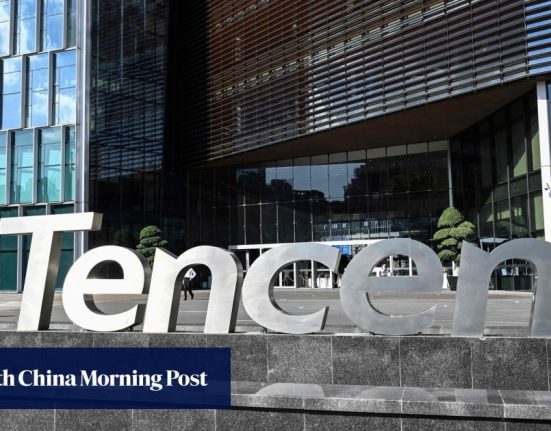Alibaba (BABA) has long been a star in China’s tech sector and its premier e-commerce and cloud businesses have also attracted international investor attention.
That star status could be rapidly changing. Despite healthy analyst sentiment and positive earnings, new market data reveals that mainland Chinese investors are abandoning Asia’s biggest tech stocks, including Alibaba. In a mere month in June, they sold nearly $6 billion of shares in Alibaba, Tencent (TCEHY), and Xiaomi (XIACY) through Hong Kong-based trading connections.
This development comes as Alibaba shares have already fallen behind their peers, depressed by soft catalysts and conservative Chinese consumer sentiment. This disconnect between Wall Street enthusiasm and local selling pressure is worth exploring here.
Alibaba is one of the largest tech and e-commerce companies in the world with a market capitalization of roughly $258 billion. Alibaba runs a variety of businesses ranging from its flagship Taobao and Tmall marketplaces to its increasingly expanding Cloud Intelligence Group. It is a cornerstone of China’s digital economy.
Alibaba shares have traded between $73.87 and $148.43 over the past 52 weeks and are now trading near $104. Shares are up about 22.5% in the year to date, vastly outperforming the S&P 500 Index ($SPX).
From a valuation standpoint, Alibaba trades at a price-earnings multiple of 11.3x and a price-sales ratio of about 1.85x, ratios that appear reasonable compared to its competitors and its own past values. Its price-earnings-to-growth (PEG) multiple is 0.46x, which suggests potential undervaluation if earnings growth remains as expected.
Alibaba released fiscal Q4 results recently, beating Wall Street estimates. Quarterly revenue was 7% ahead year-over-year to $32.6 billion, and was driven by 12% growth in customer management revenue from Taobao and Tmall and 18% revenue growth from Cloud Intelligence. AI-related sales showed triple-digit growth for the seventh consecutive quarter.
Adjusted EBIT was up 36% quarter over quarter, and net income surged to a record $1.7 billion, a 1,203% increase compared with a year ago, fueled in part by mark-to-market gains. Diluted EPS were $0.71 and adjusted earnings per ADS were $1.73, up 23% from the prior-year period.



